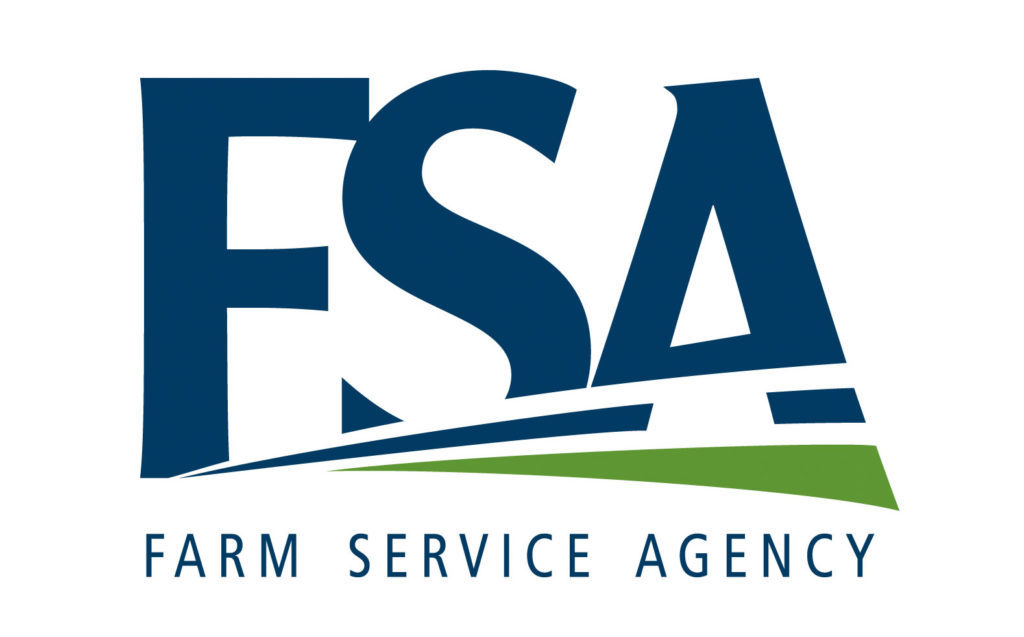Banks across America would like to let you know about a small provision in the massive 3.5 trillion-dollar infrastructure package trying to make its way through Congress and get to the president’s desk. That’s a big piece of legislation to pay for, and one way that Democrats behind the bill want to fund it involves the IRS and your bank accounts. All of the bank accounts.

Paul Merski is the Executive Vice President of Congressional Relations and Strategy for the Independent Community Bankers of America. He said one way the administration wants to foot the bill for the infrastructure legislation is “horrible.”
“They would have the IRS look into everyone’s bank account transactions,” Merski said. “The legislation will force all banks to report on any transaction going into or out of an account worth 600 dollars or more. What it means is every account in America will then get monitored by the IRS as banks are forced to send in your information.”
To generate revenue like legislators envision to help pay the cost, Merski said the IRS will basically be assuming that most everyone in America is a “tax cheat.” It’s going to involve banks across the country sending in large amounts of information to the IRS, who will then have to sort through all of it to figure out what’s happening in each account.
The accounts in question include savings accounts, checking accounts, business accounts, personal and business loans, cash transactions, and even international transactions. To find any potential infractions, the IRS would be looking for a needle in a haystack.
“What we’re fearful of is this idea is going to cause a lot of false audits, a lot of false positives, and a lot of white noise,” he said. “The IRS will then be able to subpoena additional information on people’s accounts, to freeze people’s accounts, to garnish people’s accounts if there’s a dispute with the IRS.
“It’s crazy,” Merski added. “They pretend that they are going after millionaires and billionaires, and our question is, why then, do they need everyone’s account transactions sent to the IRS? The last thing we need is to be sending more information and more data to the IRS.”
This is especially concerning for rural bankers. He points out that community banks do 80 percent of all the agricultural lending in the nation, as well as over 50 percent of all the small business lending. They want customers to know that if this goes through, those banks are going to have to report all of your financial transactions, even loan information, to the IRS.

“We’re worried that our customers don’t know what’s happening with this proposal,” Merski said. “We want you to know it’s not the bank’s idea to be sending all this information to the IRS. It’s the IRS, the Treasury Department, and the administration demanding that the banks report all these transactions.”
He says the typical small business owner, farmer, or rancher has to know about this idea and understand what’s happening in Washington, D.C. They also want farmers, ranchers, and small business owners to weigh in on the topic.
“If this is something that concerns you like it concerns our community bankers, you need to contact your congressmen and senators,” Merski said. “This is overkill: This is a dragnet, and this is the IRS looking to profile people based on their transactions.
“This is a stop-and-frisk against average Americans,” he added. “It’s going to add a lot of cost and compliance burdens against both bankers and the general public.”

